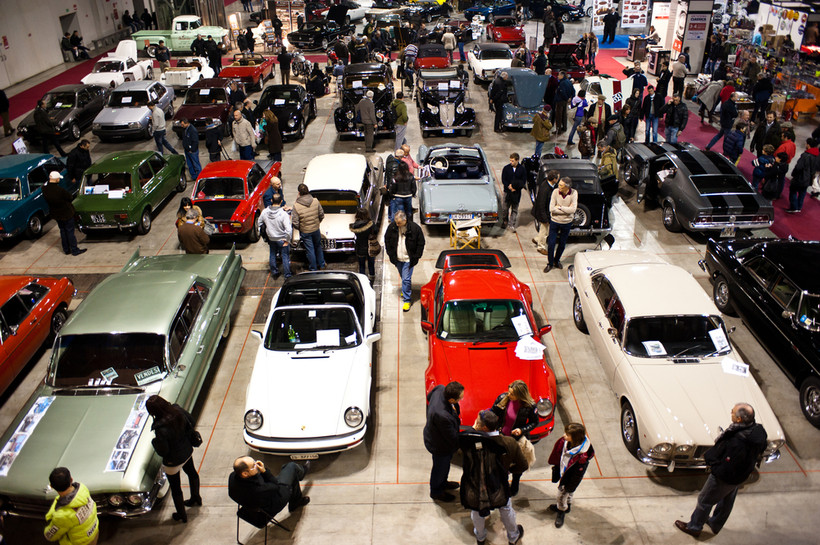If you're a classic car owner or enthusiast, classic car auctions are events you'll almost certainly be part of at some point. There are a few things to be thinking about if you're attending a classic car auction for any purpose, whether as a buyer or a seller, and one of these is whether the auction is a "reserve" or "no reserve" format.
At Andersen Restoration Parts, we offer a huge range of classic car parts that help clients maximize vehicle value ahead of an auction, from suspension kits to center links, idler arms and more. Here are some basics on what reserve and no reserve formats mean for auctions, plus some of the key considerations for both buyers and sellers when attending one or the other.
Reserve Vs No Reserve Auction Basics
For those just learning about this differentiation for the first time, the term "reserve" refers to a reserve price - or a hidden price threshold that the seller will only begin to accept bids above. If the bidding never reaches this threshold, the car won't be sold and will instead return to the owner.
A no reserve auction, meanwhile, has no such hidden price parameter - it's simply an open market where the highest bid at any given time is accepted. The car will be sold 100% of the time in this format for the amount of the highest bid.
Impact of Reserve Vs No Reserve on Auction Bidding
While the specifics here will differ with each individual car and auction, there are some general principles to keep in mind regarding how the reserve or no reserve format may impact bidding dynamics:
- Reserve auctions tend to have lower starting bids than no reserve, since bidders know they're not competing against a hidden threshold.
- No reserve auctions can lead to higher final prices on average, as bidders compete more aggressively knowing that the car will be sold to the highest bidder.
- Reserve auctions can lead to more conservative bidding if there's a lot of uncertainty and lack of information about a specific car, since bidders may be hesitant to go too high without knowing where the reserve is.
- On the other hand, no reserve formats often lead to less conservative bidding when there are multiple interested parties who know the car will be sold, since they may feel more urgency to secure their desired vehicle.
Selling Considerations
For those selling a classic car at auction, there are several factors to consider when deciding whether to go with reserve or no reserve options:
- No reserve auctions can be riskier, since you're completely relinquishing control over the final sale price and may end up accepting less than you had hoped.
- However, no reserve options can also be beneficial if there's strong demand for the car and competition among bidders drives the price up higher than your expected reserve amount.
- Reserve auctions are generally safer in terms of controlling the final sale price, but they do come with a risk of not selling at all if bidding doesn't meet the reserve threshold.
- Ultimately, the decision between reserve and no reserve will depend on your specific situation and risk tolerance as a seller.
Buying Considerations
As a buyer at a classic car auction, there are also some important factors to keep in mind when deciding whether to bid on a car that's reserved or with no reserve:
- No reserve auctions can be more unpredictable, as you're not sure what final price the bidding will reach and there's potential for last-minute competition.
- However, no reserve options can also present opportunities to snag a good deal if bidders don't realize the true value of the car or if there are limited competitors.
- Reserve auctions may provide more control over your budget and limit the potential of getting caught up in bidding wars.
- However, you may also miss out on a great deal if the reserve price is set too high and you don't bid above it.
Whether attending a classic car auction as a buyer or seller, understanding the difference between reserve and no reserve formats is critical for making informed decisions. As with any type of auction, it's important to do your research, set a budget, and be aware of potential risks before participating.
At Andersen Restoration Parts, we're here to help with any classic car restoration components you may require ahead of an auction. Contact us today to learn more about our wide selection.

